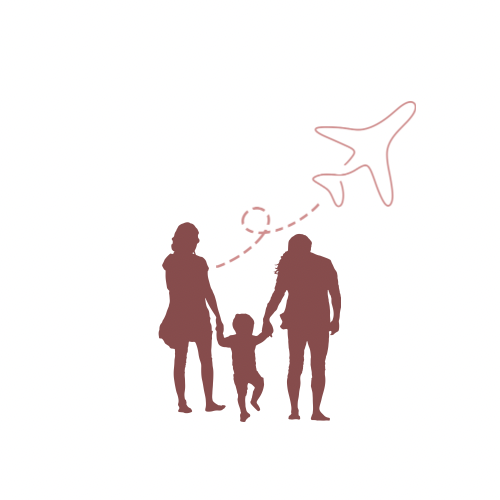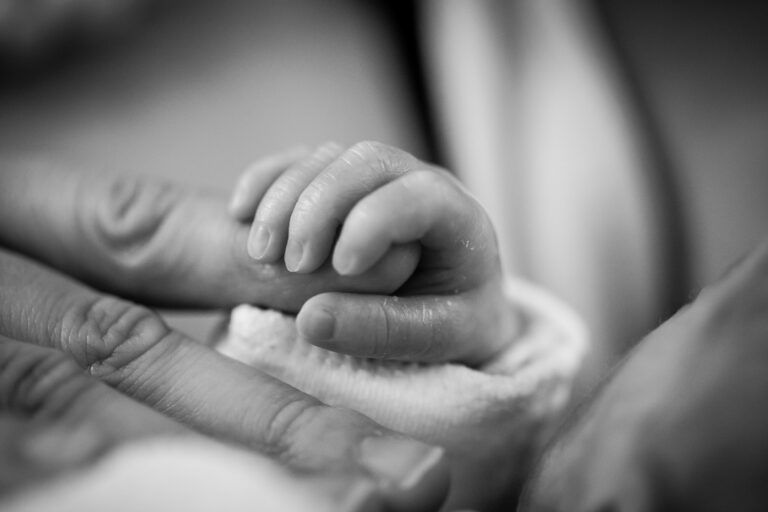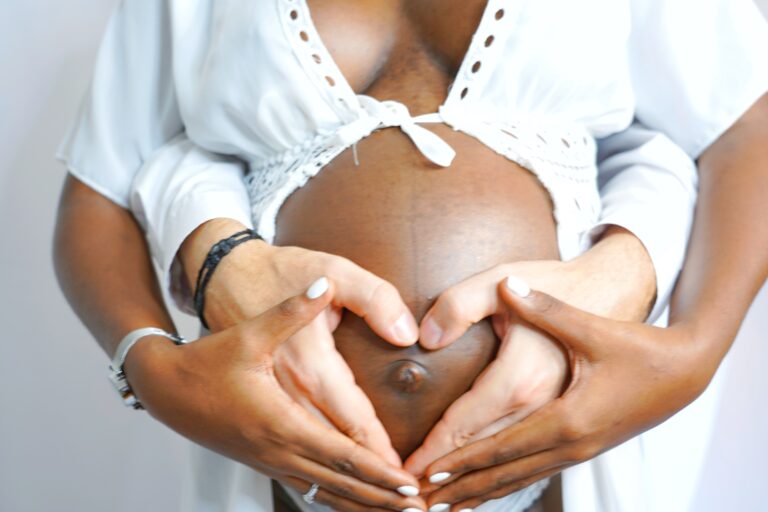The first trimester of pregnancy is an exhilarating yet challenging time as your body begins its incredible transformation to support the growing baby. Between the excitement of discovering you’re pregnant and the rollercoaster of physical changes, this early stage can feel overwhelming. I still remember the first few weeks of my pregnancy—I was both overjoyed and surprised by how my body reacted. From morning sickness to emotional ups and downs, I quickly realized that navigating early pregnancy required patience, understanding, and self-care.
In this comprehensive guide, I’ll share what you can expect during the first 12 weeks of pregnancy, how to manage common symptoms, and tips to make this transition smoother. By the end, you’ll feel more confident in tackling the early stages of your pregnancy journey.

Early Signs of Pregnancy: What to Look Out For
The first trimester officially begins from the moment of conception, but most women don’t realize they’re pregnant until they miss a period. The earliest signs of pregnancy can vary, but here are a few common symptoms I personally experienced:
- Fatigue: The overwhelming sense of exhaustion hit me like a wave. Your body is working hard to create new life, and it’s normal to feel more tired than usual.
- Morning Sickness: Despite the name, nausea can strike at any time of day. For me, mornings were the hardest, but some women feel queasy throughout the day. Keeping small snacks nearby helped reduce the symptoms.
- Tender Breasts: Hormonal changes can cause soreness and sensitivity in the breasts early on. It’s one of the first physical signs I noticed.
- Mood Swings: The hormonal fluctuations were no joke! One minute I was laughing, and the next, I was tearing up over a TV commercial. It’s all part of the process.
Other signs include frequent urination, food aversions, and cravings. Understanding these symptoms can help you realize that what you’re feeling is entirely normal.
How to Cope with Nausea, Morning Sickness, and Fatigue
Morning sickness and fatigue were two of the biggest challenges I faced in my first trimester. But over time, I found a few strategies that made a significant difference:
- Eat Small, Frequent Meals: Keeping my stomach from becoming completely empty helped alleviate nausea. Try bland foods like crackers, toast, or plain rice if you’re feeling queasy.
- Stay Hydrated: Sipping on ginger tea or water with a splash of lemon can calm your stomach. Staying hydrated is also important to keep your energy levels up.
- Get Plenty of Rest: Listen to your body. If you feel tired, don’t hesitate to take naps or go to bed earlier. Pregnancy takes a lot of energy, especially in the first trimester.
- Vitamin B6: Taking a prenatal vitamin with added Vitamin B6 can reduce nausea, so check with your doctor if this is right for you.
Remember, every pregnancy is different. If your symptoms are extreme or you can’t keep any food or fluids down, it’s essential to speak with your healthcare provider.
What Foods to Avoid and Which to Embrace in Early Pregnancy
Eating a balanced diet is crucial during pregnancy, but it’s equally important to avoid certain foods that may pose a risk to you and your baby. During my first trimester, I found myself suddenly repulsed by some foods, but more interested in others. Here’s what I learned about nutrition during this phase:
Foods to Avoid:
- Raw or Undercooked Meat/Fish: This includes sushi, raw shellfish, and rare meats to prevent the risk of foodborne illness.
- Unpasteurized Dairy Products: Soft cheeses like brie and feta made with unpasteurized milk can contain harmful bacteria.
- Excessive Caffeine: Limit your intake to 200 mg a day, which is about one regular-sized cup of coffee. I found herbal teas a great alternative.
- Deli Meats and Cold Cuts: To avoid listeria, it’s best to skip deli meats or heat them thoroughly before consuming.
Foods to Embrace:
- Leafy Greens: Spinach, kale, and other greens are packed with essential nutrients like iron and folate. Folate is critical for your baby’s early development, especially in preventing neural tube defects.
- Whole Grains: Incorporating brown rice, oats, and whole wheat bread into your diet can provide the fiber and energy you need.
- Lean Protein: Chicken, turkey, tofu, and beans are great sources of protein, which helps with the baby’s tissue growth and repair.
- Fruits and Vegetables: Eating a colorful variety of fruits and veggies will ensure you’re getting essential vitamins and minerals.
During early pregnancy, I stuck with gentle, easily digestible foods that agreed with my stomach. Listening to what your body craves (within reason) is a good way to navigate these food changes.
The Importance of Prenatal Vitamins and Hydration
Prenatal vitamins are non-negotiable when it comes to a healthy pregnancy. They provide the necessary nutrients that support both your health and the baby’s development. Key vitamins include:
- Folic Acid: Critical for preventing birth defects of the brain and spine.
- Iron: Supports the development of the placenta and helps your body produce more blood for the baby.
- Calcium and Vitamin D: Essential for the baby’s bone and teeth development.
Equally important is staying hydrated. Water aids digestion, forms amniotic fluid, and helps nutrients circulate in your body. I made it a point to drink plenty of water throughout the day, and it helped me feel more energized.
When to See Your Doctor and the Importance of Early Prenatal Care
I’ll never forget my first prenatal appointment—it marked the beginning of a special bond between me and my healthcare provider as they guided me through my pregnancy. Scheduling an appointment as soon as you suspect you’re pregnant is essential for:
- Confirming the pregnancy through an ultrasound or blood test
- Ensuring your health and the baby’s development are on track
- Getting screened for any underlying health conditions that need monitoring during pregnancy
- Receiving guidance on what to expect, and discussing any concerns
Regular prenatal visits are the cornerstone of a healthy pregnancy. Your doctor will monitor your baby’s growth, track your health, and guide you through what’s normal (and what’s not) as your pregnancy progresses.
Conclusion
The first trimester can be a rollercoaster of emotions and physical changes, but knowing what to expect makes all the difference. From navigating morning sickness and fatigue to embracing healthy eating habits, each step brings you closer to the joy of welcoming your little one. I hope this guide helps you feel more prepared and confident as you navigate early pregnancy symptoms. Remember, every pregnancy is unique, and it’s okay to take it one day at a time!
By staying informed and focusing on self-care, you’ll be ready to tackle the rest of your pregnancy journey with excitement and joy!



